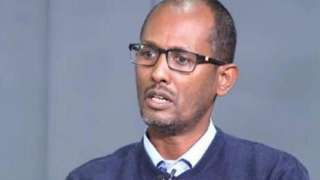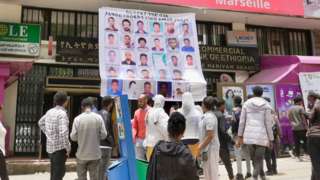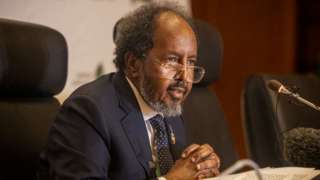
Tigrayan fighters in northern Ethiopia have reportedly taken control of more disputed areas on the border with the Amhara region, forcing residents to flee their homes.
Fighting flared up on Saturday after Tigray fighters were accused of advancing towards Alamata, a major town, in the disputed Raya district.
Officials in Kobo, a neighbouring Amhara town, told the BBC that"“many" people were arriving in recent days fleeing the clashes.
In a strongly worded statement released on Wednesday, the Amhara regional government accused Tigrayan forces of launching an "invasion" and threatened action against it.
The Tigrayan forces are yet to comment on these latest accusations but Getachew Reda, the head of the interim administration in Tigray, had previously blamed some unnamed "die-hard enemies" for the flare up.
The district had been under the southern Tigray administration until war broke out between the federal government and Tigrayan forces in 2020. The Amhara forces, which fought alongside the federal army during the war, have since seized the areas.
The federal authorities have not commented on the latest clashes, but they had previously said disputed areas would be under the army’s control until a resolution was reached.
The escalation threatens to disrupt the implementation of the peace agreement signed by the federal government and the Tigray People's Liberation Front (TPLF) in Pretoria, South Africa, in November 2022 that ended the civil war.


















